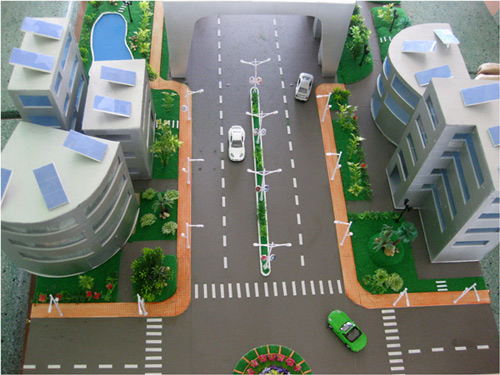Tuesday, 03/03/2026 | 22:22 GMT+7
For the past time, the Ministry of Transport has been interested in and worked out several policies to promote efficient use of energy, development of renewable energy through programs and projects in the implementation of the National target program on the economical and efficient use of energy.
First of all, it is to mention the measures for development of public transport. The transportation sector has made efforts to dev
elop public transport in all the areas of roads, railways, waterways and aviation, including: Investment and renovation of infrastructure, means of transportation, development of new forms of transport such as rail transport in urban areas in order to meet the travel needs of the people.

Regarding the measures in business, the sector promotes the use of energy saving vehicles; exploitation and expansion of the application of liquefied natural gas (LNG), natural gas, electricity, mixed fuel, and bio-fuel in replacement of fossil fuel. During the recent years, there have been some pilot projects which created good underpinning for the development of clean energy application in transportation, such as electric cars in urban transport in Hanoi; Biofuels Pilot (E5 gas, Bio - diesel B5) for transport vehicles in Hanoi and Ho Chi Minh city. Some taxi companies have also switched to using clean fuel (LPG), with Petro taxi company in the lead.
Vietnam Airlines Corporation carried out research to shorten both domestic and internaitonal flight routes; it also performs solutions in flight management and manages emissions. As a result, it reduces the flight duration and saves fuel.
Vietnam Railways Corporation also issues regulations on the use of air conditioning in the passenger wagon. It re-organizes and rationalizes business control to make full use of production capacity of locomotives; ensuring the periodic maintenance and delegating the preset fuel consumption for units. The Hanoi Locomotive Engineering Enterprise is instructed to use preset norms in efficient use of engines during the process of organization, rail transport operation; putting the fuel saving indicator into criteria for rewards, emulation and praises. As a result, for each year, the Corporation reduces fuel cost by about 5%.
The efficient use of energy in transport depends heavily on customs and habits of the vehicle users when they are traveling. It also depends on the participants' awareness, energy saving consciousness in manufacturing, management, activities of officials and staff, and leaders in transport sector. Therefore, to enact the provisions of the Law on Economical and Efficient Use of Energy, the immediate imperative task is to strengthen the communication to raise public awareness about energy-saving culture, to promote the communication and dissemination of laws, gradually to build up the energy-saving practices in the community.
Trong Tan







